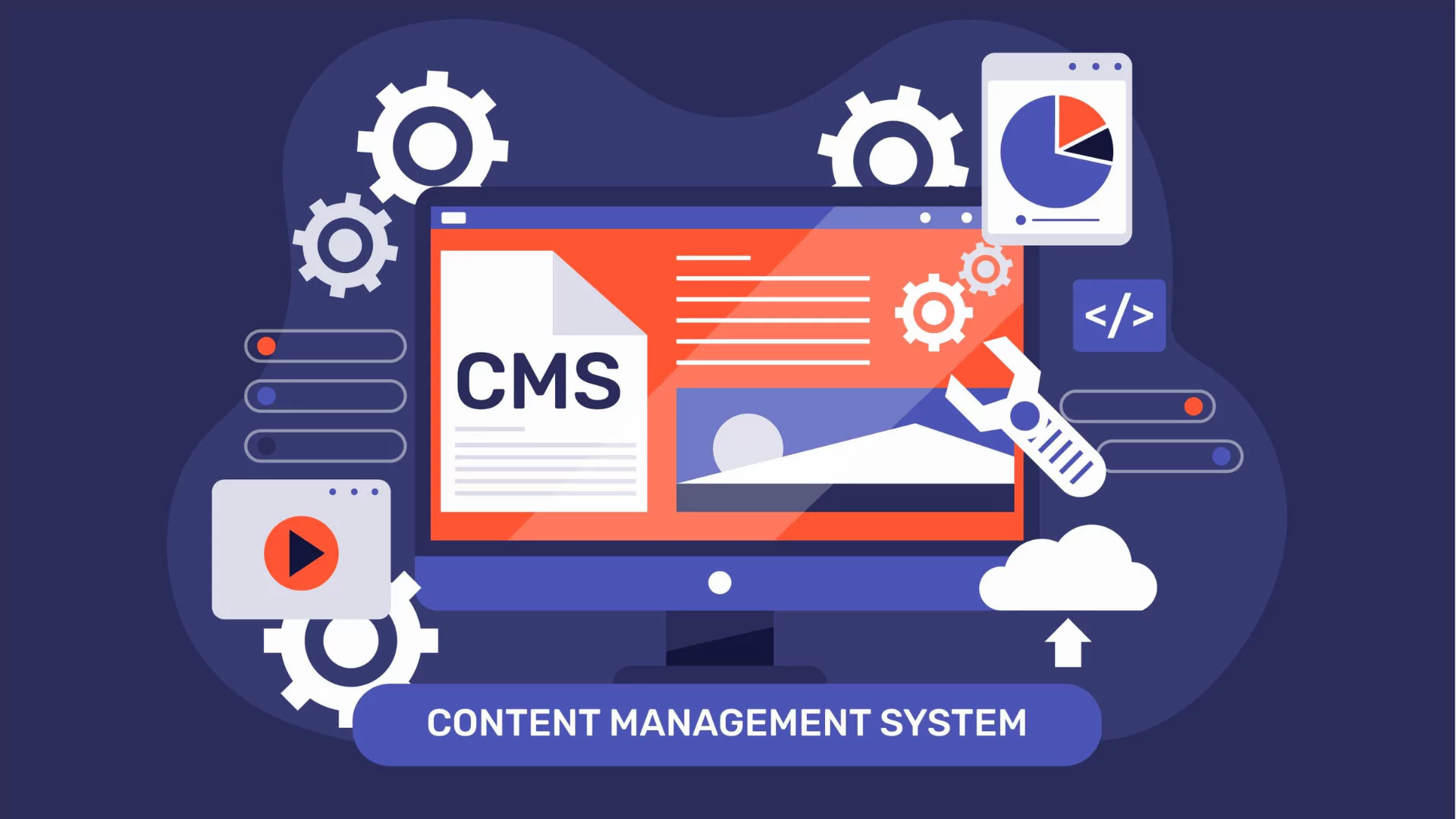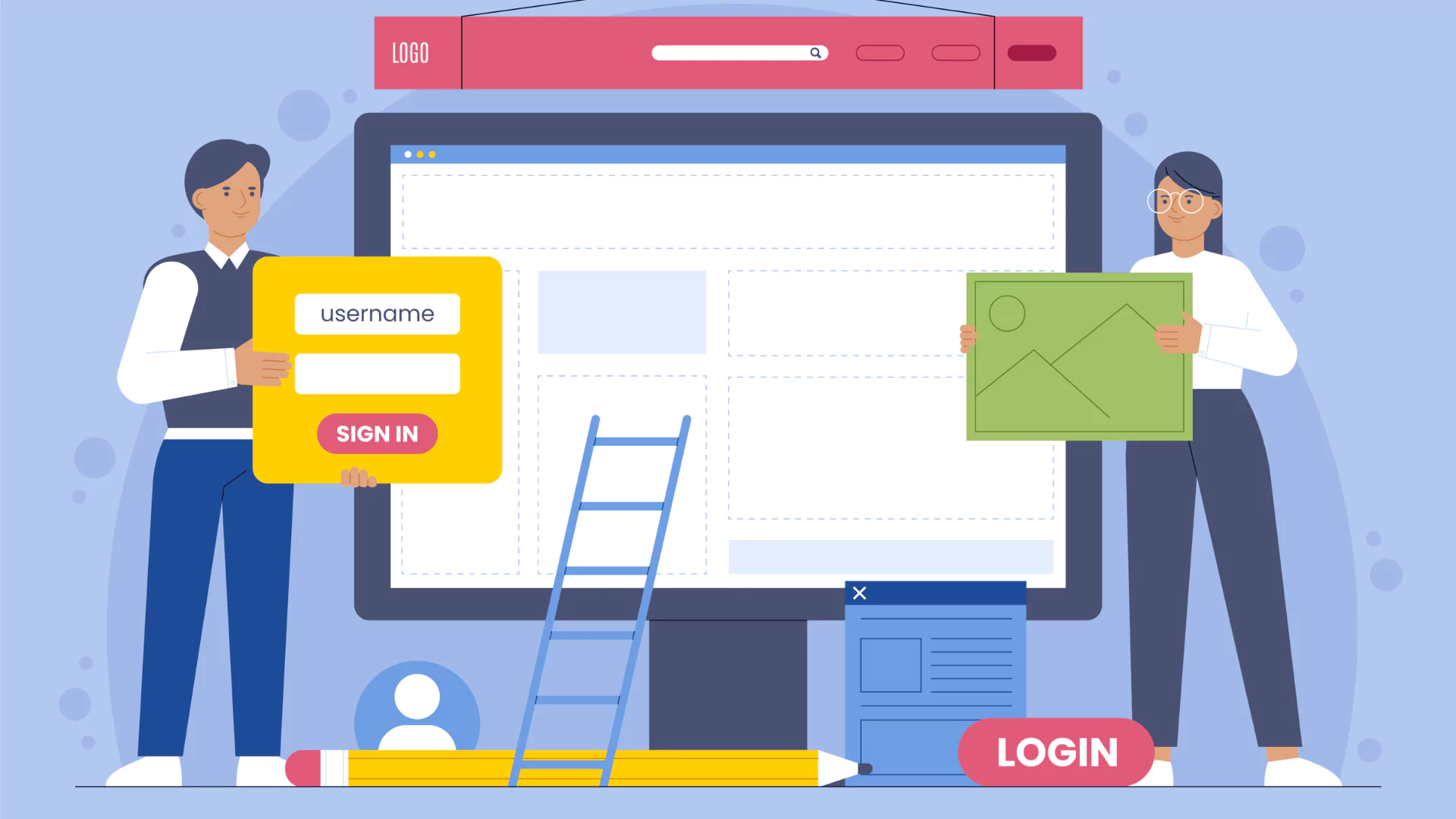WordPress in 2024 (and Beyond…)

Should you invest in WordPress in 2024 (and for the days to come)?
As you are reading this, WordPress is still worth in 2024! Whether or not that’ll be the same for the coming years remains to be seen.
If you’re reading this, chances are you’re looking to get your hands dirty in the online world:
You are looking to build a website – it can be to let others know about your feelings, start an online business, or something else.
What is the WordPress CMS?
WordPress is a CMS or Content Management System.
Simply put, it’s a system that you can use to share your blog posts, sell your products, and more, without the need for building anything from the ground up.
WordPress is like a house – you have everything ready. All you need to do is arrange the furniture, take care of the electricals and such. Then, you’re ready to live in it!

I believe WordPress is the best place to start. Here’s why:
Why Start a Website on WordPress?
Being in the software industry as a technical content writer has taught a couple of things:
- There’re way too many products in the online space. Too much to wrap your head around (This blog is all about digital products online that help be productive and save time). If you asked Gemini (Google’s beloved AI chatting tool) – it will not give a straight answer.
- Learning something new is not easy. You need to put in the time and effort to build your knowledge on something.
- Not every product has the same learning curve. Some have a rather steep learning curve (harder to learn at first) while others are fairly easy in comparison.
- There is a thing I call the “Digital Product Galaxy” – you never know which product is the best for you. You need a guiding force to help you navigate through all the roughness of the galaxy.
- Communities matter – a lot. If you’re stuck on a question (something you’re looking to do), you will always get help from the community.
If I were to judge WordPress based on the things I learned, I would say the following:
- Official data indicates more than 60,000 free plugins are listed on the WordPress directory. Meaning you can currently download them and use them for “free” on your WordPress website. A vast library like this is, of course, great for scalability.
Quick Note: I would say more than 70% of these plugins (a rough estimate) have PRO options available. In many cases, some free plugins will feel restrictive.
However, there’s no shortage of alternatives of course. On a different note, I’ll say that 60,000 isn’t a small number by any means.
It can be a lot to take in if you don’t have clue about what you’re doing – it can be confusing.
- Basic WordPress is easy to learn. There are plenty of great resources out there on YouTube. I’d say it will only take 2-3 hours max (I am being generous here) to get started with the basics. If you want to learn WooCommerce (a WordPress-based platform for online businesses), that could take you around 6 hours – simply because there are a couple of extra things you need to learn.
- Again, the learning curve for WordPress isn’t steep. If you know how to browse the internet and look for solutions, then getting your WordPress website up and running can be a breeze. However, the learning curve starts to get steeper once you start building a more “customized experience” on the platform – both for a blog and WooCommerce Store.
- The WordPress “Digital Product Galaxy” has a “moderate” size as of now. Again, you will feel lost if you don’t know what you’re doing. Like a galaxy, it has product ecosystems. A good example can be Elementor, a WordPress plugin that’s managed to offer a complete “ecosystem” to its users.
Quick Note: WordPress has 2 major things you need know about – themes and plugins.
Themes are like the decorations in your room -helps you change the appearance of your website. If you can work on the way your website looks, how your blog posts appear, and so one.
Plugins, on the other hand, have a more “functional” approach. For example, how do you want to arrange the posts on your blog – it can be based on a number of factors like categories, taxonomies, etc. You need to a plugin to help you arrange this.
- The WordPress community is “huge”. There’s a solution to “almost” any sort of problems in the WordPress forums. Also, there is no shortage of WordPress-based blogs and YouTube Channels (you’ll certainly find a lot more on WordPress on the “OnlineToolChat” blog as well).
So, the key takeaways I’d say are:
- The WordPress Product Library is large enough to start something online
- It’s easy to learn and doesn’t require much coding knowledge*
- A strong community of users is always ready to help
Other than these, WordPress has a couple of more advantages:
Other Advantages of WordPress
Customizations and Scalability
Remember themes and plugins – these are what make WordPress a great place to start your online blog or business.
With the free themes and plugins, you can establish a medium blog or online store in a matter of days.
I estimate a maximum of 5-7 days to build an online presence if you’re serious enough.
Minimal Coding Knowledge Required
Remember I said you didn’t need much coding knowledge? Well, if you just want to get started, then you don’t need any coding knowledge. However, there are 2 things at play here:
First, you need to know how you’re going to scale and build functionality for your users. If it’s all basic functionality, then you don’t need much coding knowledge.
You can get by with just knowing some basic things. There are plenty of free resources out there of course!
Second, if you want to become a theme or plugin expert, you can use the open-source WordPress platform and build your own WordPress themes and plugins.
It’s a completely separate discussion that requires in-depth coding knowledge. You need to know PHP, JavaScript, HTML, CSS, and relevant frameworks to truly make an impact.
And this is one of the advantages of the WordPress Platform:
Building for the Masses
WordPress is an “Open-source” platform. You are free to use the platform to offer “free” solutions to the community.
Also, there is a chance to offer Pro features using the free plugins – but that’s a discussion for another time.
In short, you don’t just get to build for yourself. If you can level up, you can certainly build something that’s helpful to the community and enables you to make cash “on the side”.
WordPress Security
WordPress is very strict about security.
With the recent changes, there have been notable security updates to WordPress.
Although there have been known security breaches, mostly through 3rd party plugins and such, you are free from security threats. This brings me to the next point:
Suitable for Large Businesses?
Large businesses want one thing:
Less cost, more profits!
WordPress has grown to become a platform that large businesses can use – keeping the cost “down” on productions. WooCommerce is mostly popular for such endeavors as:
- WooCommerce is free to use – built on WordPress
- “One-time” payments available on plugins – lowering long-term investments
- A good community to help business owners out
If you want to keep your costs down on the long-term, then WooCommerce can be a great choice to build your next online eCommerce store.

Still, WordPress isn’t perfect:
Issues with Speed and Performance
WordPress will suffer with speed and performance if:
- You have too many plugins installed
- You have a theme that’s not optimized for speed
- You installed a plugin that has no basis of trust
- You have “irrelevant” themes and plugins installed
These issues are known to slow down WordPress websites – impacting the overall performance of your blog or online store.
It’s a crucial factor for your visibility online.
You’ll need to take this into account if you’re a large business. I think sites that are data-intensive, heavy on custom functionalities, and too large of brand, should not build on the WordPress platform for now.
WordPress in 2024 (and beyond…)
As of writing this piece of content, WordPress is my top choice for:
- Bloggers who want their voice heard
- Online businesses who want to keep their costs down
- Individuals or businesses looking to build an online presence
It’s an easy-to-use CMS platform that can take your brand online quickly – without much of a hassle.
Although no-code and AI website builders are on the rise, I believe they still have a long way to go.
So, the WordPress platform, the current 43% shareholder in the website-space is still good for the days to come.
Whether it’s going to be replaced in the next 5 to 10 years is a question for another time – see you then.

